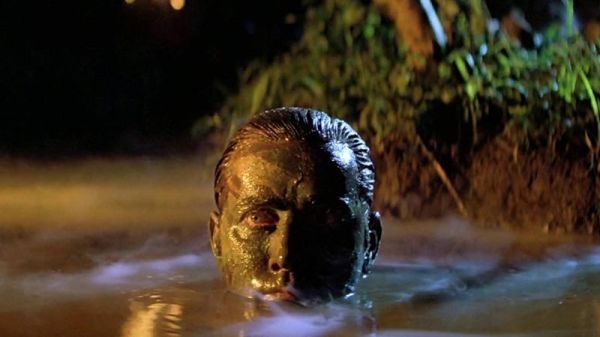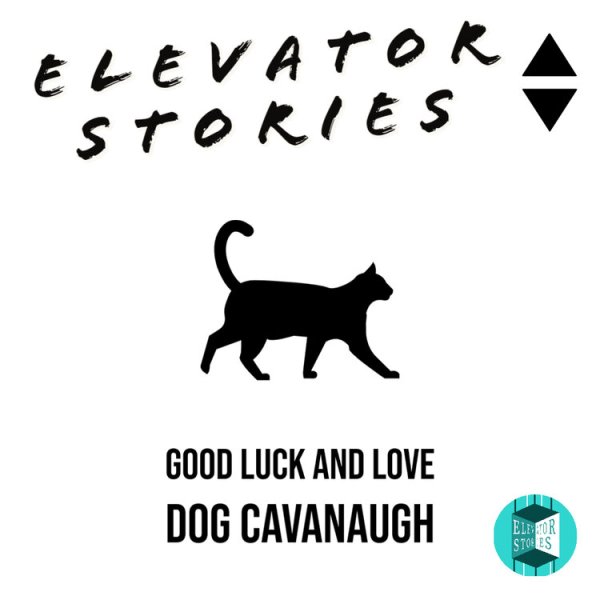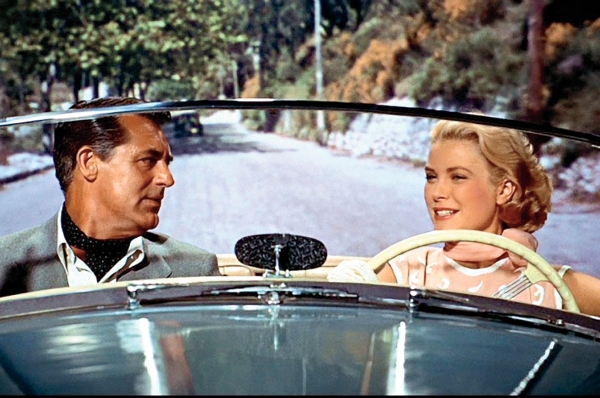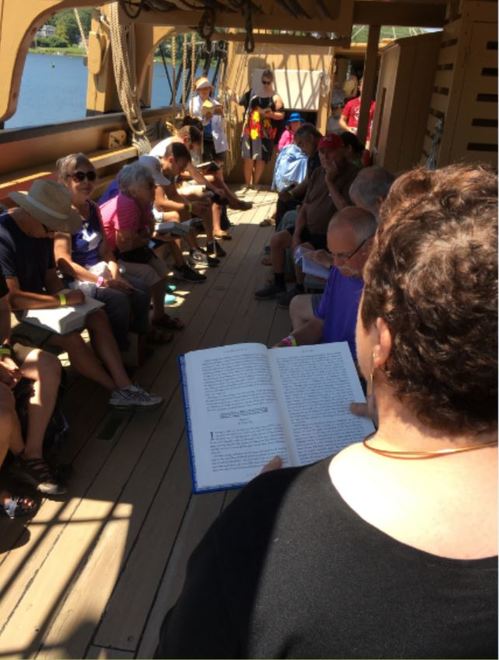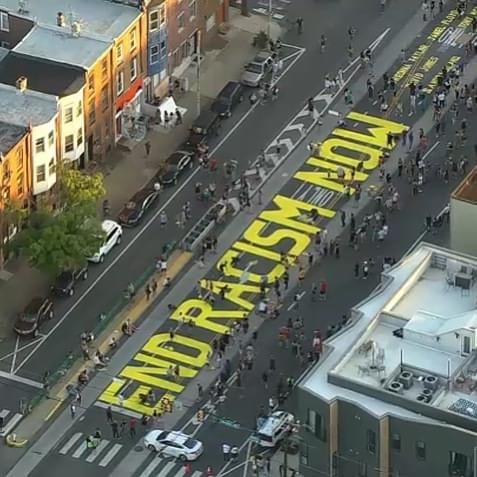Silence is a real fear for writers. Not silence as in the absence of sound, rather silence as an inability to hear what the imagination wants to bring into the world. For whatever reason, writers are egoists and need to leave imprints of thoughts and stories for people to find. Somehow there’s an instinctive sense for most of us that at least a smidgeon of what we are trying to provide readers is unique, at least partially interesting, and would never have come into the world had we not forced the issue.
Imaginations are funny things. When they work properly life has meaning and literally everything and anything is possible. It’s a great feeling to be in flow with words and filled with the life force one feels being creative with versions of new meaning. But when imaginations are spent, or for whatever reason the gears of thought can’t turn, it only takes a few days of silence and a sense of emptiness before we either feel pointless and inconsequential or, worse, forget that wonderful feeling of surprise and connectedness that is the creative mind at work.
Continue reading “The Silence of Choices: A few lessons from Tillie Olsen”




